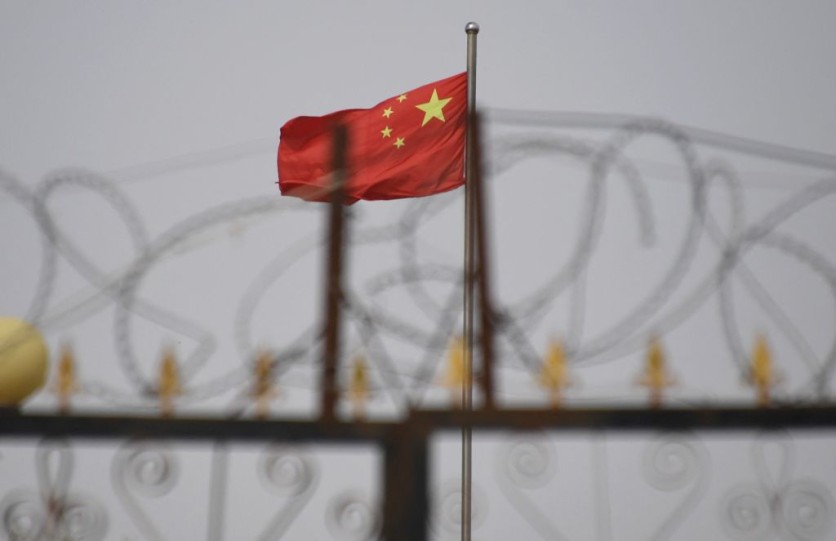A recent Human Rights Watch (HRW) report has implicated major automakers, including Toyota, General Motors (GM), Tesla, and Volkswagen, in a forced labor scandal connected to the controversial Xinjiang region in China (via Nikkei Asia).
The report sheds light on the use of aluminum, a crucial material in the manufacturing of electric vehicles, which is sourced from Xinjiang, where human rights abuses against Uyghurs and other Turkic Muslims have long been alleged.

Xinjiang Forced Labor Reports
Aluminum, vital for crafting automobile frames, engine blocks, and battery foils, plays a pivotal role in the electric vehicle (EV) industry. Shockingly, more than 15% of China's aluminum production, a significant global supplier, originates from Xinjiang, a region marred by accusations of human rights violations. The HRW report underscores the potential exposure of major automakers to forced labor within this supply chain.
One alarming revelation from the HRW report is the lack of transparency in the supply chains of these automotive giants. Researchers found alleged links between Xinjiang's aluminum producers and forced labor transfer programs.
Most companies, including Toyota, GM, and Volkswagen, have done too little to map their supply chains for aluminum parts, leaving them unaware of the extent of their exposure to forced labor.
When contacted by Nikkei Asia, a Toyota spokesperson emphasized the company's commitment to human rights and pledged to review the HRW report. General Motors recognized the importance of responsible sourcing practices and committed to due diligence. However, Tesla and Volkswagen did not immediately respond to requests for comments.
Chinese Joint Ventures and Uncertain Supplier Relations
Toyota, GM, and Volkswagen operating in China through joint ventures, face challenges in understanding their partner's supplier relations. Despite holding a 50% stake in its joint venture with SAIC Motor, Volkswagen admitted to lacking a clear picture of its partner's supplier relations. An audit commissioned by Volkswagen in December found no signs of forced labor at its production operations with SAIC in Xinjiang.
Allegations in Xinjiang Aluminum Industry
The HRW report alleges significant connections between Xinjiang's aluminum industry and forced labor transfers. Major aluminum smelters, such as Xinjiang East Hope Nonferrous Metals, Tianshan Aluminum, and Xinfa Group Xinjiang, are accused of receiving labor transfers targeting Uyghurs and other Turkic Muslim communities. Xinjiang's aluminum output is shipped across China, making tracing and verifying its origin challenging.
China's burgeoning automotive industry, fulfilling President Xi Jinping's ambition to become an "automobile power," has global implications. Chinese automakers, including BYD, General Motors, Tesla, Toyota, and Volkswagen, play crucial roles as manufacturing and supplier bases for global carmakers.
The United States responded to allegations of forced labor by enacting the Uyghur Forced Labor Prevention Act in 2021, aiming to bar the entry of goods from Xinjiang. However, critics argue that enforcement needs improvement, pointing out loopholes allowing packages valued below $800 to enter the U.S. with minimal scrutiny.
Stay posted here at Tech Times.





